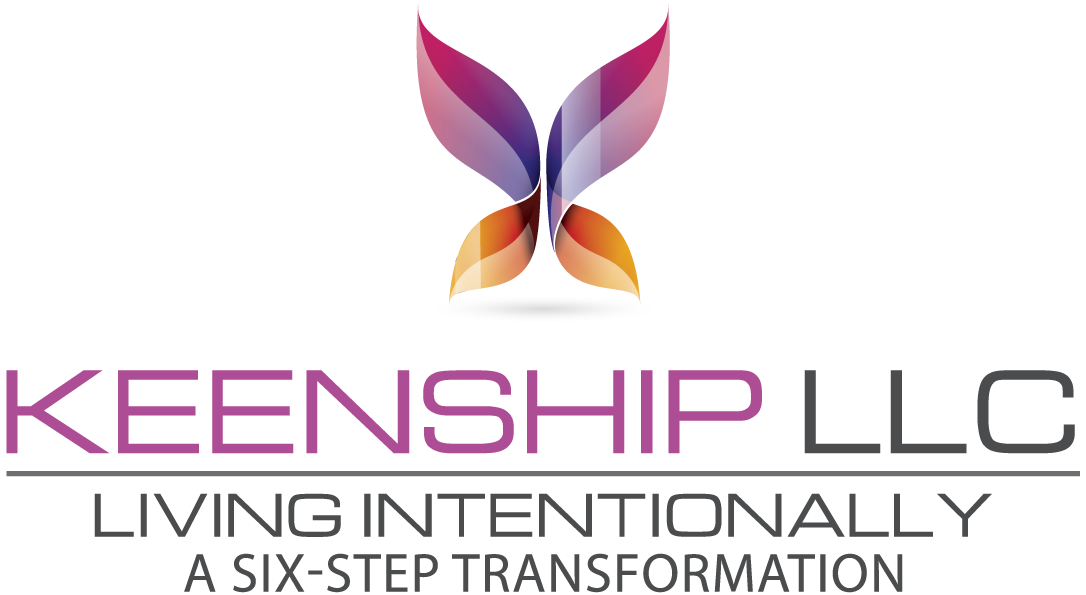“Whether you fear it, seek to avoid it, or embrace it, change is coming-and coming fast”-Biro.
Human beings are the only living creatures endowed with the capacity to change their destiny by changing their thinking. You can be a change agent and reinvent yourself by finding new ways to replace old habits. When you are receptive to new learning and growing opportunities, you can move beyond your comfort zone. As the axiom goes, “There is no growth in the comfort zone and no comfort in the growth zone.” Risks are involved when you leave the safety and security of your comfort zone. Others may criticize or shun you when you share your goals and aspirations with them because you no longer share common interests. You may leave old friends behind, but when you become a change agent, your whole world is open to new opportunities.
When you aspire to something bigger than yourself, you acquire a profound sense of appreciation and respect for knowledge. A desire and hunger for knowledge will create a reservoir of potential power and generate strength to take action to overcome the real obstacles of change. Those obstacles are not “out there,” they are inside you. You cannot change circumstances around you without changing individual behavior. Changing individual behavior is not sustainable unless it comes from deep within. Become aware of your own reluctance to change. This step involves looking deep within and confronting your self-limiting beliefs and fears. Think of the worst case scenario if you change. One of the causes of fear of change is unfamiliarity while moving out of your comfort zone or the security of habit that allows you to exist without much effort.
You may not always be able to change your situation or circumstances, but you have the power to change your habits. Changing your habits can be accomplished by taking the following proactive steps:
Step one: Assess the context in which you will be implementing your new habit. The word habit is intended to be singular. Do not overwhelm yourself by taking on too many changes at once. The change you choose to make will be a lifetime change.
Step two: Assess environmental factors that could pose obstacles to change. Who in your circle of influence might cause resistance? Choose whether you want to include those people in your plan for living intentionally.
Focus on implementing a habit that will serve you best by enriching and improving your life. The plan to change your habits must be centered on habitual modes of thinking. Since thoughts precede action, beginning the process in the subconscious mind only makes sense. What is the most important priority in your life? What things in life consume your thoughts? Tracy makes the notion clearer, “Nothing around you has any meaning except the meaning you give it with your thoughts.” If you want to change your life you have to change your ways of thinking.
